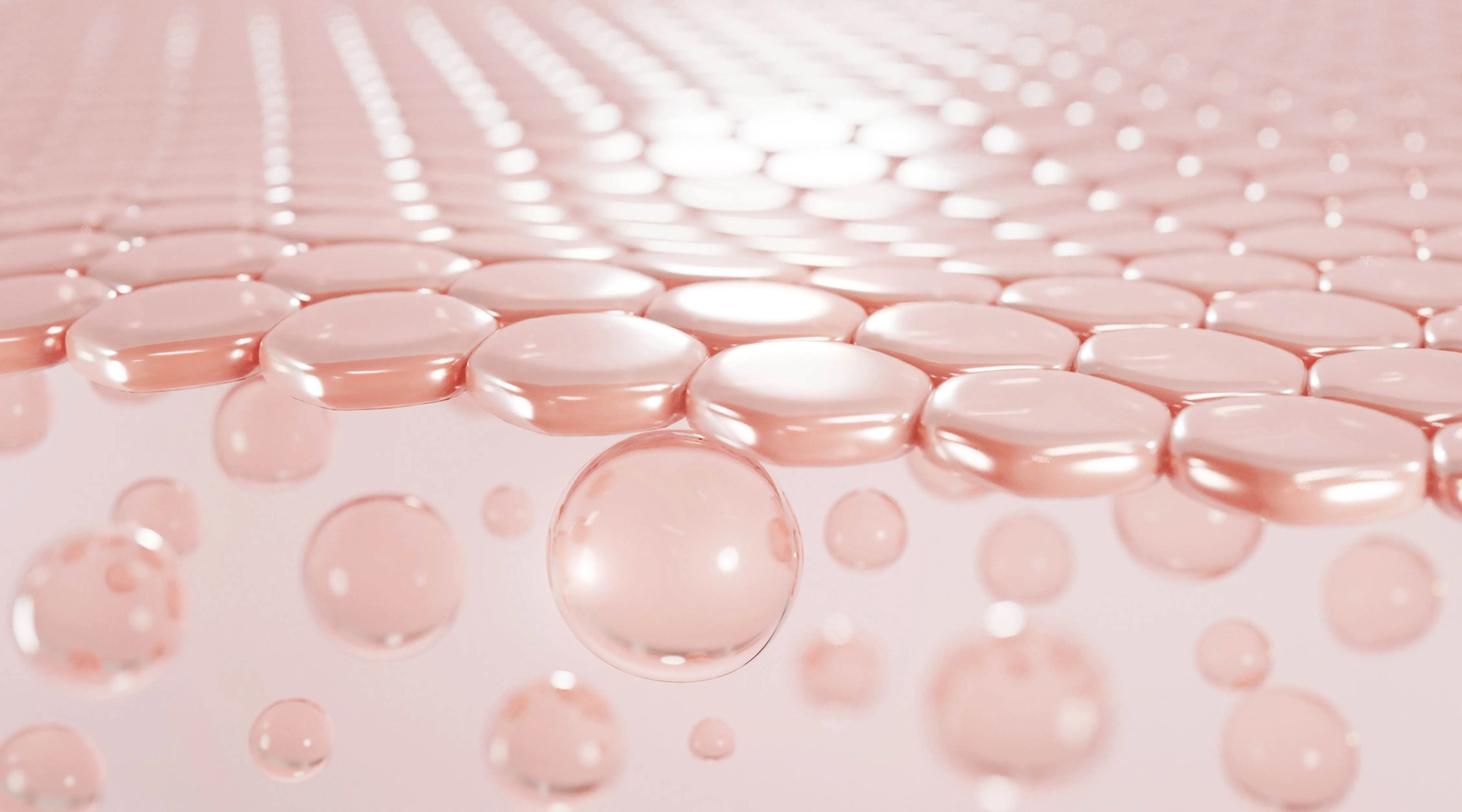Understanding the Skin and Its Intricacies

The skin, our body's largest organ, is a marvel of biological engineering that serves as a protective barrier, regulates temperature, and plays a crucial role in our overall well-being. This article delves into the intricacies of the skin, unraveling its structure, functions, and the factors that contribute to its health.
Layers of the Skin:
Epidermis: The outermost layer, the epidermis, acts as a shield against external elements. It comprises several sub-layers, with the topmost layer containing primarily dead skin cells that are continuously shed and replaced.
Dermis: Beneath the epidermis lies the dermis, a thicker layer housing blood vessels, nerve endings, hair follicles, and sweat glands. Collagen and elastin, responsible for skin elasticity, are abundant in the dermal layer.
Hypodermis: The deepest layer, the hypodermis, consists mainly of fat cells that provide insulation and act as a shock absorber.
Functions of the Skin:
a. Protection: The skin acts as a barrier, preventing harmful microorganisms and substances from entering the body.
b. Temperature Regulation: Sweat glands regulate body temperature by releasing moisture, and blood vessels dilate or constrict to manage heat distribution.
c. Sensory Perception: Nerve endings in the skin allow us to sense touch, pressure, temperature, and pain.
d. Vitamin D Synthesis: The skin plays a vital role in the production of vitamin D when exposed to sunlight.
e. Excretion: Sweat glands aid in the elimination of waste and toxins through perspiration.
Factors Influencing Skin Health:
a. Hydration: Proper hydration is crucial for skin health. Dehydrated skin can become dry, flaky, and more prone to wrinkles.
b. Nutrition: A balanced diet rich in vitamins, minerals, and antioxidants contributes to healthy skin.
c. Environmental Factors: Sun exposure, pollution, and harsh weather conditions can impact the skin. Sunscreen and protective measures are essential.
d. Lifestyle Choices: Smoking, excessive alcohol consumption, and inadequate sleep can negatively affect the skin's appearance and resilience.
e. Genetics: Genetic factors influence skin type, susceptibility to certain conditions, and the aging process.
Common Skin Concerns:
a. Acne: Caused by clogged pores and excess oil production, acne is a prevalent skin condition.
b. Aging: The natural aging process, combined with external factors, contributes to wrinkles, fine lines, and loss of elasticity.
c. Hyperpigmentation: Uneven skin tone or dark spots may result from sun exposure, inflammation, or hormonal changes.
d. Eczema and Psoriasis: Chronic skin conditions like eczema and psoriasis involve inflammation, leading to redness and itching.
Skincare Tips:
a. Gentle Cleansing: Use a mild cleanser suitable for your skin type to remove impurities without stripping natural oils.
b. Moisturization: Regularly moisturize to maintain skin hydration, preventing dryness and promoting a healthy glow.
c. Sun Protection: Apply sunscreen with at least SPF 30 to shield the skin from harmful UV rays.
d. Healthy Habits: Adopt a healthy lifestyle with a balanced diet, regular exercise, and sufficient sleep.
e. Consult a Dermatologist: Seek professional advice for persistent skin concerns or changes.
Understanding the skin goes beyond surface-level knowledge. By appreciating its complexity, functions, and vulnerability to various factors, we empower ourselves to make informed choices that contribute to long-term skin health. A holistic approach, combining good skincare practices with overall well-being, is the key to unlocking the skin's full potential.





